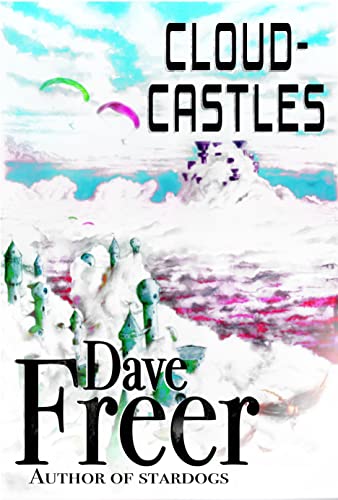
I am not reluctant, in my old age, to drop a book unceremoniously when I find the writing poor. Sometimes, if my sensitivities are outraged enough, I’ll tell you about it.
The case is somewhat different with Post Pattern, by David Chill. I found the writing very bad in places – especially in the area of word choice. However, I liked the character and the story enough to stick with it.
Burnside (yet another one-name private eye, in the Spenser tradition) is a Los Angeles private investigator. He was a star football player in college, and then became a cop. He was a good, by-the-book policeman until one day he gave a break to someone who didn’t deserve it. As a consequence he became a laughingstock on the force, and he quit to go private.
A wealthy young man, Norman Freeman, comes to Burnside’s office to hire him. Someone took a shot at him in his car the night before. Only he’s not sure the shot was meant for him. It could be – he’s a former pro football player who is heir apparent to a big auto dealership. He could have business enemies. But he also has a ne’er-do-well brother who hangs out with some sketchy people, and he was driving his brother’s car.
Soon there will be a real murder, and Burnside will wade into a whirlpool of personal motives, business motives, and dangerous dames. The world of ex-jocks is a major element here, which doesn’t do much for me personally, but it didn’t put me off. I liked that Burnside believes strongly in being armed at all times, and there wasn’t a lot of political correctness in view.
What author David Chill does well is create good characters. And good characters make up for a lot with me. I wish he’d had a better copy editor, but I still enjoyed Post Pattern, and went on to buy the next book in the series.








